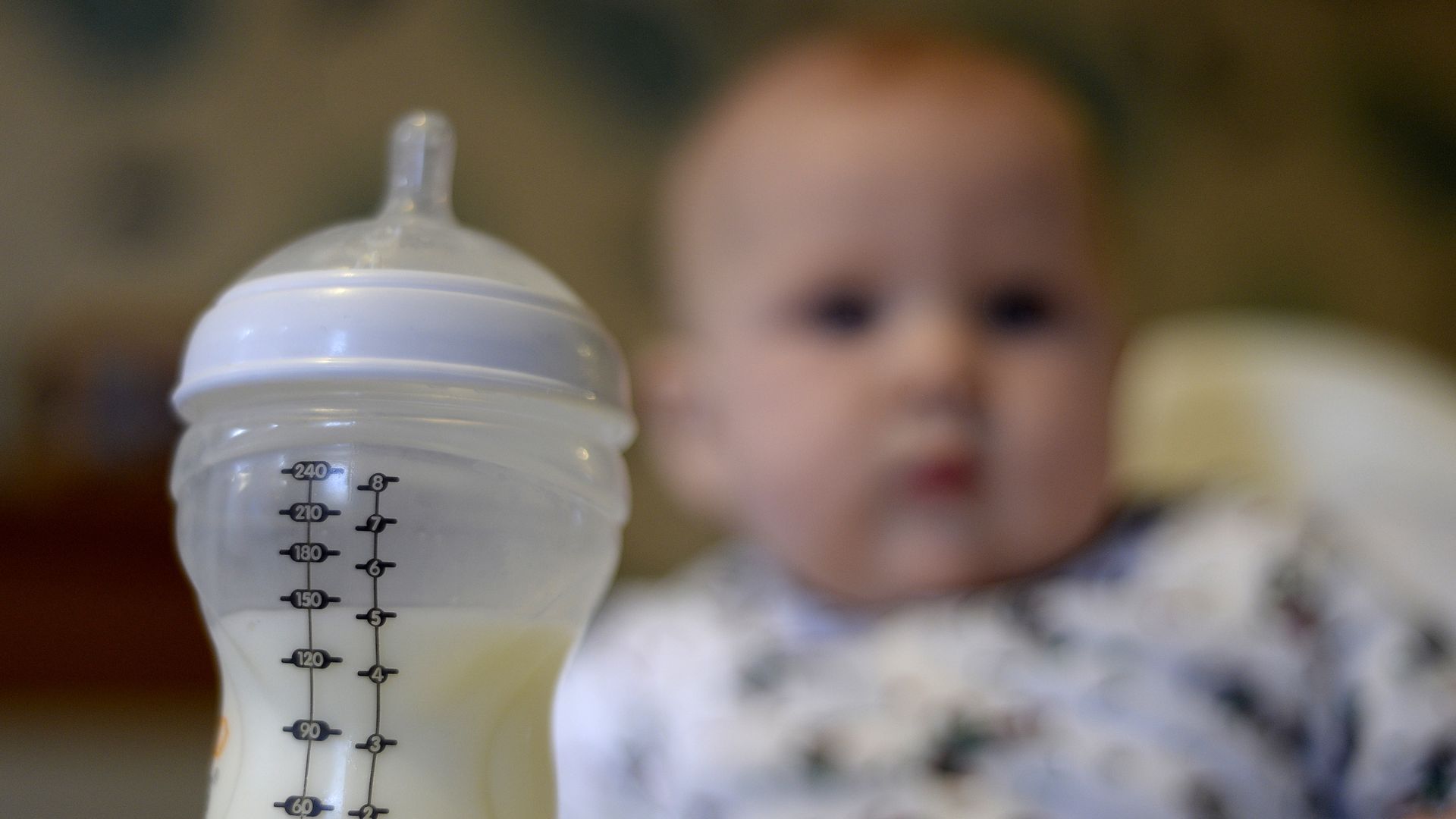

Jeff Williams, Apple’s chief operating officer and Tim Cook’s longtime lieutenant, is retiring after spending two and a half decades turning the company into an operational machine, capable of making more than 200 million iPhones a year at low prices that allowed the company to rake in tremendous profits.
The retirement of Mr. Williams, 62, who was long considered Mr. Cook’s most likely successor, means that Apple’s next chief executive is likely to be one of the company’s other leaders. Apple analysts and observers say possible candidates for the job include John Ternus, the company’s head of hardware engineering; Craig Federighi, its head of software; and Eddy Cue, its head of services.
Sabih Khan, Apple’s senior vice president of operations, will replace Mr. Williams as the company’s chief operating officer later this month. A 30-year employee of Apple, Mr. Khan has been in charge of Apple’s supply chain, procurement and logistics since 2019.
Mr. Cook will assume oversight for other divisions that Mr. Williams ran, including Apple’s design, watch and health teams.
“Jeff and I have worked alongside each other for as long as I can remember, and Apple wouldn’t be what it is without him,” Mr. Cook said in a statement. “He’s helped to create one of the most respected global supply chains in the world, launched Apple Watch and overseen its development, architected Apple’s health strategy and led our world-class team of designers with great wisdom, heart and dedication.”
During his 27 years at Apple, Mr. Williams played a leading role in building the company’s supply chain. He helped line up some of its most important and enduring suppliers, including Taiwan Semiconductor Manufacturing Company, which makes Apple’s cutting-edge chips, and Corning, which makes iPhone glass.
The original iPhone was designed with a plastic screen, but Steve Jobs’s early prototypes were scratched in his pocket by his keys. Shortly after unveiling the iPhone in January 2007, Mr. Jobs decided the company needed to switch to glass. Mr. Williams told him that Apple had tested all the current glass on the market and that it broke when it was dropped.
“I don’t know how we’re going to do it, but when it ships in June, it will be glass,” Mr. Jobs said.
Mr. Williams worked with Corning’s chief executive, Wendell Weeks, to develop a specialty product, Gorilla Glass, which was strengthened by ceramic to keep it from shattering. “There were many months of sheer terror about whether it was going to work, and it was a bit of a Hail Mary, but when we launched in June customers had an iPhone that had the beautiful feel of glass,” Mr. Williams said during a 2017 address at a Corning factory in Kentucky.
Mr. Williams also led Apple’s first product development process after Mr. Jobs’s death in 2011. He played a central role in coordinating the effort across teams that were trying to realize the vision of Apple’s design chief, Jony Ive. The Apple Watch, which was unveiled in 2014, formed the foundation of a wearables business that contributed $37 billion in revenue last year.
When Mr. Ive left Apple in 2019, Mr. Williams assumed responsibility for the company’s design team. He also oversaw its health and Apple Watch teams. His colleagues admired his pragmatism and integrity. Like Mr. Cook, Mr. Williams earned a master’s of business administration degree at Duke University and previously worked at IBM.
People who have worked closely with Mr. Williams said they were not surprised by his exit. He had spent years working under a heavy workload and was facing the additional challenges of shifting the company’s supply chain from China to India. In addition, he was on the front lines as the company responded to tariffs and pressure from President Trump, who wants Apple to make its products in the United States.









-3.png)



